
Find Help
More Items From Ergsy search
-

Understanding Parental Rights in Light of New UK Child Protection Legislation
Relevance: 100%
-
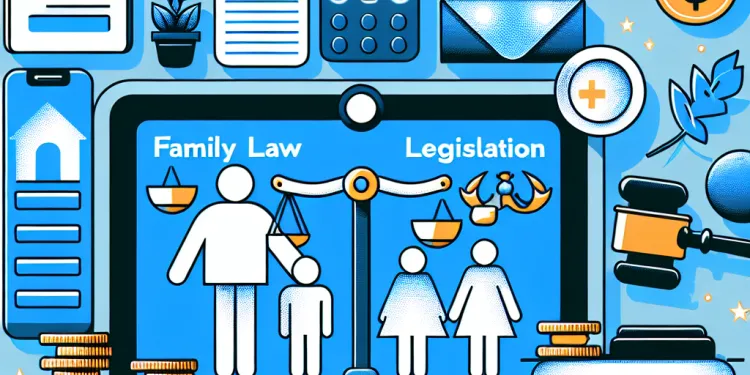
Impacts of Recent Changes to Family Law Legislation
Relevance: 52%
-
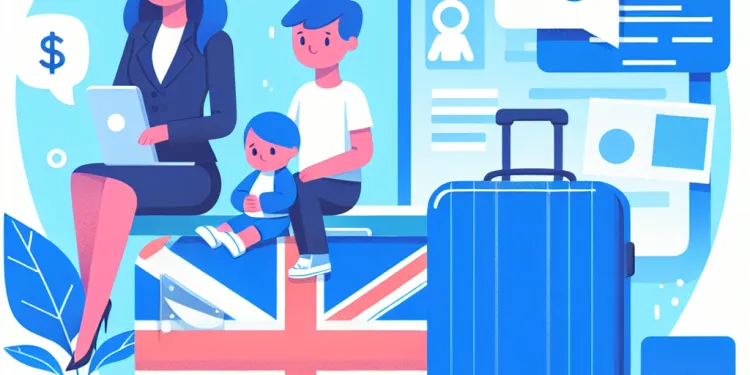
Navigating Child Custody and Visitation Rights in Modern UK
Relevance: 49%
-

How are parental rights addressed differently in the 2026 family court updates?
Relevance: 47%
-

Children Act 1989 section 20 - Legislation
Relevance: 47%
-
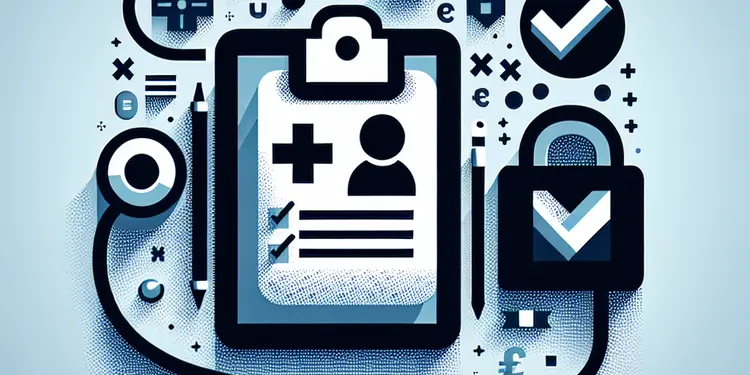
Does the right to access my medical records apply to minors?
Relevance: 40%
-

Navigating Legal Guardianship and Parental Responsibility in the UK
Relevance: 40%
-

What is the impact of the 2026 changes on grandparent visitation rights?
Relevance: 39%
-

Child Care Proceedings | Family Law
Relevance: 39%
-

How can parents advocate for their SEND child?
Relevance: 37%
-

New Asylum Seekers Legislation Sparks Nationwide Debate
Relevance: 36%
-
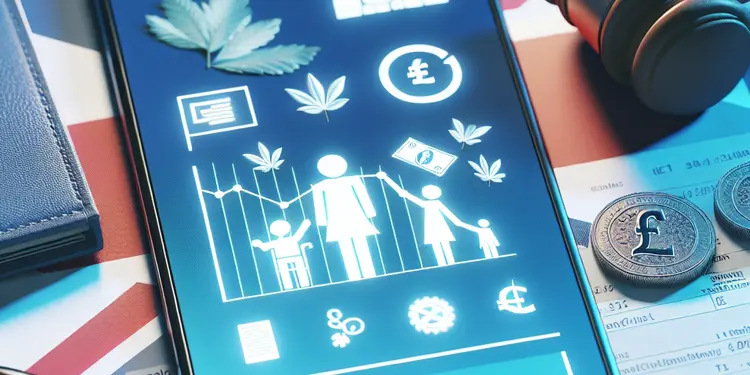
How have child custody laws changed in 2026?
Relevance: 36%
-

How are parents involved in the SEND process?
Relevance: 35%
-

Have any changes been made regarding the enforcement of visitation rights?
Relevance: 34%
-
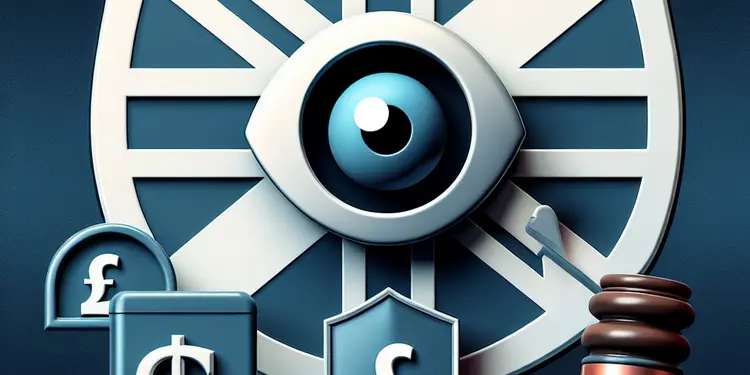
Controversy Surrounds New Surveillance Legislation as Privacy Groups Voice Concerns
Relevance: 34%
-

How is the Attorney General involved in the legislative process in the UK?
Relevance: 34%
-

My Stammering Child
Relevance: 34%
-

Navigating Child Custody Laws in the UK
Relevance: 34%
-

Do existing UK laws sufficiently protect under 16s on social media?
Relevance: 34%
-

How can I tell if my child is being groomed?
Relevance: 33%
-

What updates have been made to enforce child support in 2026?
Relevance: 32%
-
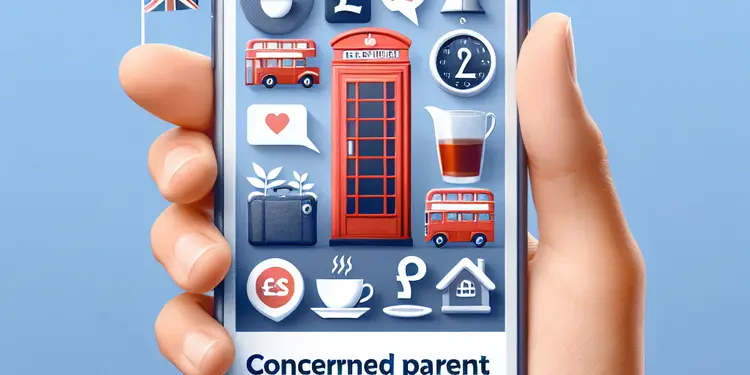
What should I do if I suspect my child is being groomed?
Relevance: 32%
-
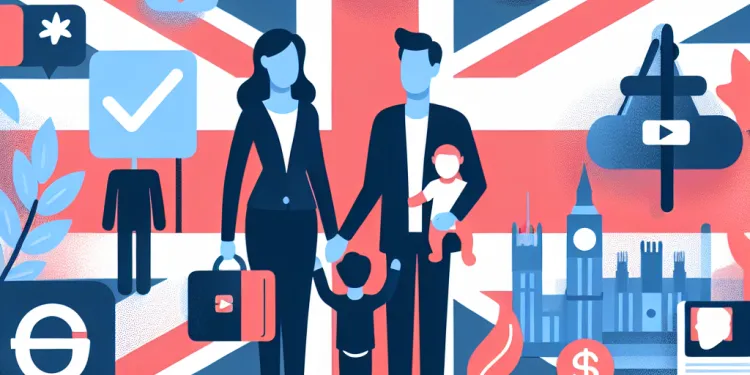
Navigating the Changes to Parental Leave Regulations
Relevance: 32%
-

Could parents override a social media ban for their under 16 children?
Relevance: 32%
-

Upcoming Changes to Parental Leave Policies in the UK
Relevance: 32%
-

Is the Attorney General involved in human rights issues?
Relevance: 31%
-

How has child support calculation been updated in 2026?
Relevance: 31%
-
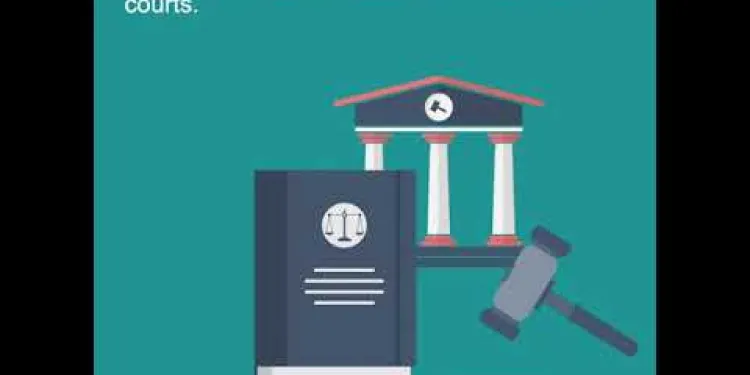
The Human Rights Act
Relevance: 31%
-
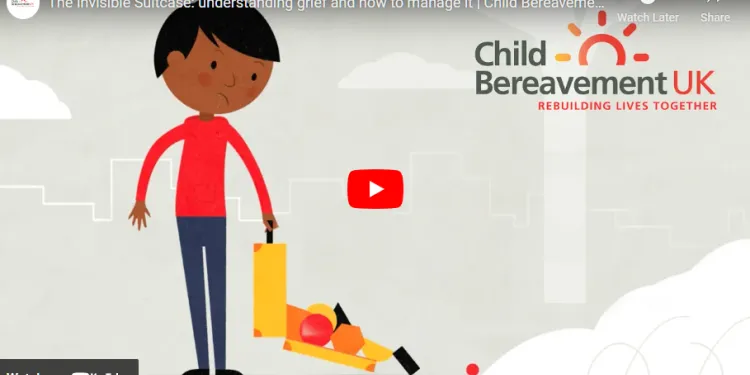
Child Bereavement
Relevance: 31%
-
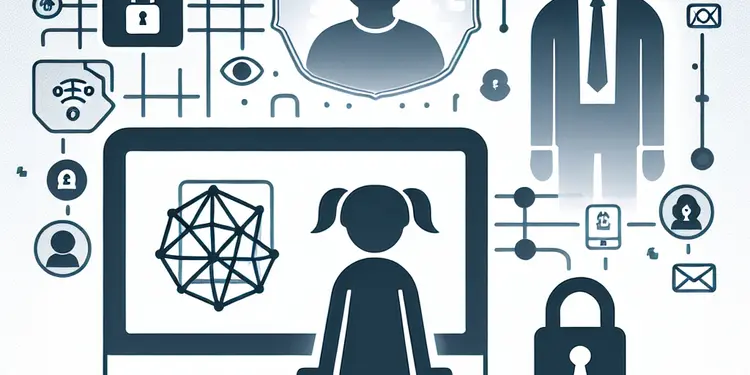
What online safety measures can parents implement?
Relevance: 31%
-
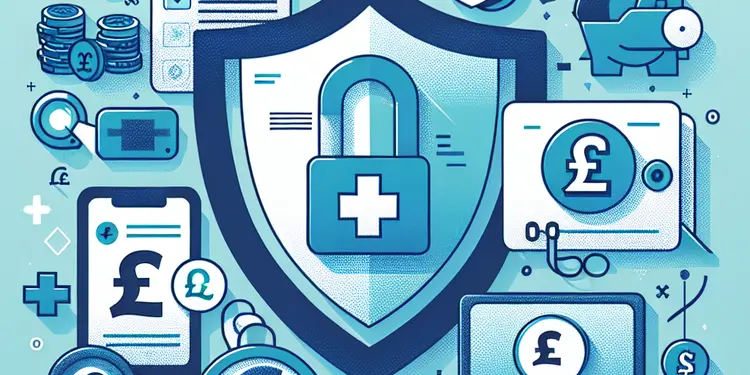
Are there privacy protections for my medical records?
Relevance: 31%
-

Three-year limit for child sexual abuse claims to be removed
Relevance: 31%
-

Understanding Your Rights During Divorce Proceedings in the UK
Relevance: 30%
-

Understanding the Impact of the UK's New Domestic Abuse Legislation
Relevance: 30%
-

How does self-esteem affect a child's susceptibility to grooming?
Relevance: 30%
-

Have the rules for changing a child's name in family court changed in 2026?
Relevance: 30%
-

Do I have the right to access electronic medical records?
Relevance: 30%
-

Is screening painful or risky for my child?
Relevance: 30%
-
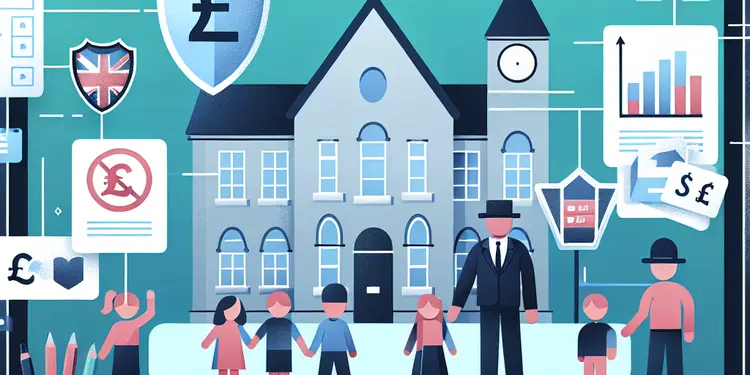
How can I educate my child to recognize grooming behaviors?
Relevance: 29%
-

What role do parents play in the social media ban?
Relevance: 29%
Understanding Parental Rights in Light of New UK Child Protection Legislation
Introduction to Recent Child Protection Legislation
The United Kingdom has recently updated its child protection legislation to better safeguard the rights and welfare of children. These legal changes aim to enhance the capacity of social services, educational institutions, and healthcare providers to protect children from abuse and neglect. Understanding these modifications is crucial for parents, as it directly impacts their rights and responsibilities.
Key Changes in Child Protection Laws
One of the major updates in the new legislation is the increased emphasis on multi-agency collaboration. Schools, healthcare providers, and social services are now mandated to work more closely together when there are concerns about a child's welfare. Another significant change is the stronger focus on the child's opinion in legal matters, ensuring their voice is heard and considered in decisions that affect them.
Parental Rights and Responsibilities
Parental rights in the UK include the right to make decisions about their child's education, health, and welfare. However, with the new legislation, parents should be aware that these rights are balanced with specific responsibilities. Ensuring the safety and well-being of the child is paramount. Failure to do so can lead to intervention by social services, which may include temporary or permanent removal of the child from the home if deemed necessary.
What Parents Should Know
Parents need to familiarize themselves with these changes to better understand their role in the child protection framework. It is essential to maintain open communication with schools and healthcare providers, as any concerns raised by these agencies can lead to further investigation. Being proactive in seeking support and guidance when struggling with parenting challenges can also prevent potential issues down the line.
Conclusion
The new UK child protection legislation represents a significant shift towards a more collaborative and child-centered approach. While parents retain many rights, the legislation underscores the importance of shared responsibility in safeguarding children's welfare. Staying informed and engaged with these changes is vital for all parents to ensure they meet their responsibilities and protect their children's well-being effectively.
Understanding Parental Rights with New UK Child Protection Laws
Introduction to New Child Protection Laws
The UK has made changes to its child protection laws. These changes help keep children safe and happy. They make sure that social services, schools, and doctors work better to protect kids from harm. Parents need to know about these changes because it affects what they can and cannot do.
Main Changes in Child Protection Laws
One big change is that schools, doctors, and social services have to work together more. If there are worries about a child, these groups will talk to each other to help. Another change is that children’s opinions are more important. This means children can say what they think about decisions that affect them.
Parental Rights and Responsibilities
In the UK, parents can make choices about their child's school, health, and care. But the new laws say that with rights come responsibilities. Parents must keep their children safe and healthy. If they do not, social services might have to step in and help. This could sometimes mean a child has to live somewhere else for a while.
What Parents Should Know
Parents should learn about these new laws so they understand their role. It is important to talk openly with schools and doctors because they might raise concerns. Asking for help when parenting is hard can stop problems before they start.
Conclusion
The new UK child protection laws focus on working together and listening to children. Parents still have rights, but they also have to share the job of keeping children safe. Being informed about these changes helps parents do their best to care for their children.
Frequently Asked Questions
What are parental rights under UK law?
Parental rights in the UK refer to the legal responsibilities and powers that parents have concerning their child's welfare, education, and upbringing.
At what age does a child have a say in their own upbringing?
In the UK, a child’s views must be considered in decisions about their life, especially after the age of 12, although the final decision lies with the parents or legal authorities.
What recent changes have been made to child protection legislation?
Recent changes focus on strengthening safeguarding procedures, increasing accountability for professionals working with children, and providing clearer guidelines on reporting and managing abuse.
How does new legislation affect parental rights?
New UK child protection legislation may introduce stricter guidelines on compliance with safeguarding practices, potentially limiting certain parental actions that conflict with child welfare standards.
What is the role of social services in child protection?
Social services are responsible for investigating reports of child abuse or neglect and ensuring that children are provided supportive and safe environments.
Can parental rights be legally challenged?
Yes, parental rights can be legally challenged in cases where there is evidence of harm or risk to the child. Courts can limit or remove parental rights to ensure the child’s safety.
What actions should parents take if they are concerned about child protection policies?
Parents should familiarize themselves with the latest legislation and guidance, attend parental workshops, and communicate with child protection officers if concerns arise.
How does the new legislation impact schools and educators?
Schools and educators are required to adhere to enhanced safeguarding procedures, including regular training, clear policies on dealing with allegations, and close collaboration with child protection services.
What rights do parents have during a child protection investigation?
Parents have the right to be informed about the reasons for the investigation, to be present during discussions concerning their child, and to receive support and representation.
How can parents ensure they are compliant with new child protection laws?
Parents can ensure compliance by staying informed about the latest legal requirements, participating in relevant training, and maintaining open communication with professionals involved in their child's welfare.
Can a child request to be removed from their parents’ care?
In the UK, children can express their preferences, but the final decision on removal from parental care is made by child protection services and the courts based on the child’s best interests.
What happens if a parent disagrees with a decision made by child protection services?
Parents can challenge decisions through legal channels, including appeals to higher authorities and seeking advice from legal professionals specializing in family law.
How is confidentiality handled in child protection cases?
Confidentiality is paramount, and information is shared only with professionals on a need-to-know basis to protect the child’s privacy and wellbeing.
Are there support services available for parents navigating child protection issues?
Yes, the UK offers various support services including legal aid, parenting classes, counseling, and advocacy through organizations such as NSPCC and Childline.
What training is required for professionals handling child protection cases?
Professionals handling child protection cases must undergo regular training on current safeguarding policies, recognizing signs of abuse, and appropriate intervention strategies.
What are parents allowed to do by UK law?
Parents have special rights and responsibilities for their children. These are laws in the UK.
- Parents can make decisions about their child's care and upbringing.
- They can pick the school their child goes to.
- They can decide on their child's medical treatment.
- Parents should keep their child safe and healthy.
If you want to learn more, you can ask a teacher or look for helpful guides online.
In the UK, parental rights mean what rules and roles parents have for looking after their child. These rights help parents make decisions about their child's education and how they grow up.
At what age can a child help decide about their life?
Children can start telling others what they want and need in their life as they grow. This might happen at different ages for each child.
Parents and adults should listen to children and understand what they feel and think. Talking and listening together is important.
Tools to help:
- Use pictures and simple words to help children share their thoughts.
- Ask easy questions to know what the child likes and doesn't like.
Listening to a child's voice is important for their happiness and growth.
In the UK, when making choices about a child's life, people should listen to what the child thinks. This is very important when the child is 12 or older. But the parents or legal team make the final choice.
What's new in child protection laws?
There have been new changes. These changes make sure children are kept safe. They also make sure people who work with children follow the rules. The changes give clear steps on how to report and handle abuse.
How do new laws change what parents can do?
In the UK, there are new rules to keep children safe. These rules might tell parents what they can or can't do to look after their kids. The rules make sure kids are always safe and cared for.
What do social services do to keep children safe?
Social services have a job to check if children are being hurt or not looked after properly. They make sure children are safe and have places where they can be happy and cared for.
Can someone ask a court to change a parent's rights?
Yes, parents can lose their rights if there is proof that a child is in danger or being hurt. Judges can decide to take away or reduce what a parent can do to keep the child safe.
What can parents do if they worry about child safety rules?
If parents are worried about how schools or places keep children safe, here are some steps they can take:
- Ask questions: Talk to the school or place to ask about their safety rules.
- Read the rules: Look at the child safety rules the place has.
- Talk to other parents: Share your thoughts and listen to other parents' ideas.
- Join meetings: Go to meetings where child safety is discussed.
- Use helpful tools: Use picture charts or simple booklets to understand safety better.
Parents should learn about the new rules and advice. They can go to parent meetings and talk to officers who help keep children safe if they have any worries.
How do the new rules change things for schools and teachers?
Schools and teachers must follow safety rules to keep kids safe. They need to get training often, have clear rules for handling problems, and work closely with child protection helpers.
What can parents do if there is a child protection investigation?
If someone thinks a child is not safe, they might start a child protection investigation. This is to make sure the child is okay.
Parents have important things they can do during this time:
- Parents can ask questions. It's good to understand what is happening.
- Parents can have a friend, family member, or advocate with them. This person can support them.
- Parents have a right to know why the investigation is happening. They can ask for this information.
- Parents can share their side of the story. It's important for them to be heard.
- If parents do not understand something, they can ask for things to be explained in a simple way.
Using these tips can help parents during the investigation. It's okay to ask for help if needed.
Parents have the right to know why there is an investigation. They can be there when people talk about their child. They can also get help and have someone speak for them.
How can parents follow new child safety rules?
Parents can follow these steps to keep up with child safety rules:
- Read about the new rules. Use simple guides or videos to understand them.
- Talk to other parents or teachers to learn what they do.
- Attend meetings or workshops about child safety.
- Use apps or websites designed to help parents with safety rules.
- Ask questions if something is not clear. It's okay to ask for help.
Parents can make sure they follow the rules by doing these things:
1. Learn about the newest laws.
2. Go to training sessions that help them understand these laws.
3. Talk openly with people who help their child, like teachers or social workers.
Can a child ask to leave their parents' home?
Some kids might feel unhappy at home. If you feel this way, you can ask for help. Here are some things you can do:
- Talk to a teacher or school counselor. They can listen and help.
- Speak to a trusted adult like an aunt, uncle, or a family friend.
- Call a helpline for kids. They can give you advice and support.
Remember, it's okay to ask for help if you need it. There are people who can help you feel safe and supported.
In the UK, kids can say what they want, but the people who help keep kids safe and the court make the final decision about taking them away from their parents. They always think about what is best for the child.
For help, kids can talk to a trusted adult or use a hotline. Making a drawing or using simple words to show how they feel can also be a good way to explain what they want and need.
What if a parent doesn't agree with child protection services?
If a parent thinks child protection services made a wrong choice, they should:
- Talk to the social worker and explain why they don't agree.
- Ask for a meeting to discuss the problem.
- Get advice from someone who knows about these things, like a lawyer.
Parents can also use a friend or family member to help them talk about their feelings.
Parents can say they do not agree with a decision. They can ask for help from someone who knows a lot about the law and families.
How do we keep secrets safe in child care cases?
We promise to keep your information private and safe. We only share it with people who need to know to help you. We tell you who we might talk to.
If you want, you can ask someone to help you understand more. They can be a friend, family member, or a teacher.
Using drawings, pictures, and simple charts can make ideas clearer. If you need more help, ask someone you trust to read with you.
Keeping information private is very important. We only share it with people who need to know, like teachers or doctors. This helps keep the child's information safe and makes sure they are well.
Can parents get help with child protection problems?
Yes, there are people and places that can help parents. Parents can talk to social workers, counselors, or support groups. These people can give advice and support. Parents can also use books, websites, and phone hotlines to learn more. It is important to ask for help if you need it. You are not alone.
Yes, the UK helps people in different ways. They have services like legal help, parenting classes, counseling, and support from groups like NSPCC and Childline.
What training do people need to help protect children?
People who work with child safety need to have regular training. They learn the latest safety rules, how to see signs of abuse, and what to do to help.
Useful Links
This website offers general information and is not a substitute for professional advice.
Always seek guidance from qualified professionals.
If you have any medical concerns or need urgent help, contact a healthcare professional or emergency services immediately.
- Ergsy carfully checks the information in the videos we provide here.
- Videos shown by Youtube after a video has completed, have NOT been reviewed by ERGSY.
- To view, click the arrow in centre of video.
- Most of the videos you find here will have subtitles and/or closed captions available.
- You may need to turn these on, and choose your preferred language.
- Go to the video you'd like to watch.
- If closed captions (CC) are available, settings will be visible on the bottom right of the video player.
- To turn on Captions, click settings .
- To turn off Captions, click settings again.
More Items From Ergsy search
-

Understanding Parental Rights in Light of New UK Child Protection Legislation
Relevance: 100%
-

Impacts of Recent Changes to Family Law Legislation
Relevance: 52%
-

Navigating Child Custody and Visitation Rights in Modern UK
Relevance: 49%
-

How are parental rights addressed differently in the 2026 family court updates?
Relevance: 47%
-

Children Act 1989 section 20 - Legislation
Relevance: 47%
-

Does the right to access my medical records apply to minors?
Relevance: 40%
-

Navigating Legal Guardianship and Parental Responsibility in the UK
Relevance: 40%
-

What is the impact of the 2026 changes on grandparent visitation rights?
Relevance: 39%
-

Child Care Proceedings | Family Law
Relevance: 39%
-

How can parents advocate for their SEND child?
Relevance: 37%
-

New Asylum Seekers Legislation Sparks Nationwide Debate
Relevance: 36%
-

How have child custody laws changed in 2026?
Relevance: 36%
-

How are parents involved in the SEND process?
Relevance: 35%
-

Have any changes been made regarding the enforcement of visitation rights?
Relevance: 34%
-

Controversy Surrounds New Surveillance Legislation as Privacy Groups Voice Concerns
Relevance: 34%
-

How is the Attorney General involved in the legislative process in the UK?
Relevance: 34%
-

My Stammering Child
Relevance: 34%
-

Navigating Child Custody Laws in the UK
Relevance: 34%
-

Do existing UK laws sufficiently protect under 16s on social media?
Relevance: 34%
-

How can I tell if my child is being groomed?
Relevance: 33%
-

What updates have been made to enforce child support in 2026?
Relevance: 32%
-

What should I do if I suspect my child is being groomed?
Relevance: 32%
-

Navigating the Changes to Parental Leave Regulations
Relevance: 32%
-

Could parents override a social media ban for their under 16 children?
Relevance: 32%
-

Upcoming Changes to Parental Leave Policies in the UK
Relevance: 32%
-

Is the Attorney General involved in human rights issues?
Relevance: 31%
-

How has child support calculation been updated in 2026?
Relevance: 31%
-

The Human Rights Act
Relevance: 31%
-

Child Bereavement
Relevance: 31%
-

What online safety measures can parents implement?
Relevance: 31%
-

Are there privacy protections for my medical records?
Relevance: 31%
-

Three-year limit for child sexual abuse claims to be removed
Relevance: 31%
-

Understanding Your Rights During Divorce Proceedings in the UK
Relevance: 30%
-

Understanding the Impact of the UK's New Domestic Abuse Legislation
Relevance: 30%
-

How does self-esteem affect a child's susceptibility to grooming?
Relevance: 30%
-

Have the rules for changing a child's name in family court changed in 2026?
Relevance: 30%
-

Do I have the right to access electronic medical records?
Relevance: 30%
-

Is screening painful or risky for my child?
Relevance: 30%
-

How can I educate my child to recognize grooming behaviors?
Relevance: 29%
-

What role do parents play in the social media ban?
Relevance: 29%


